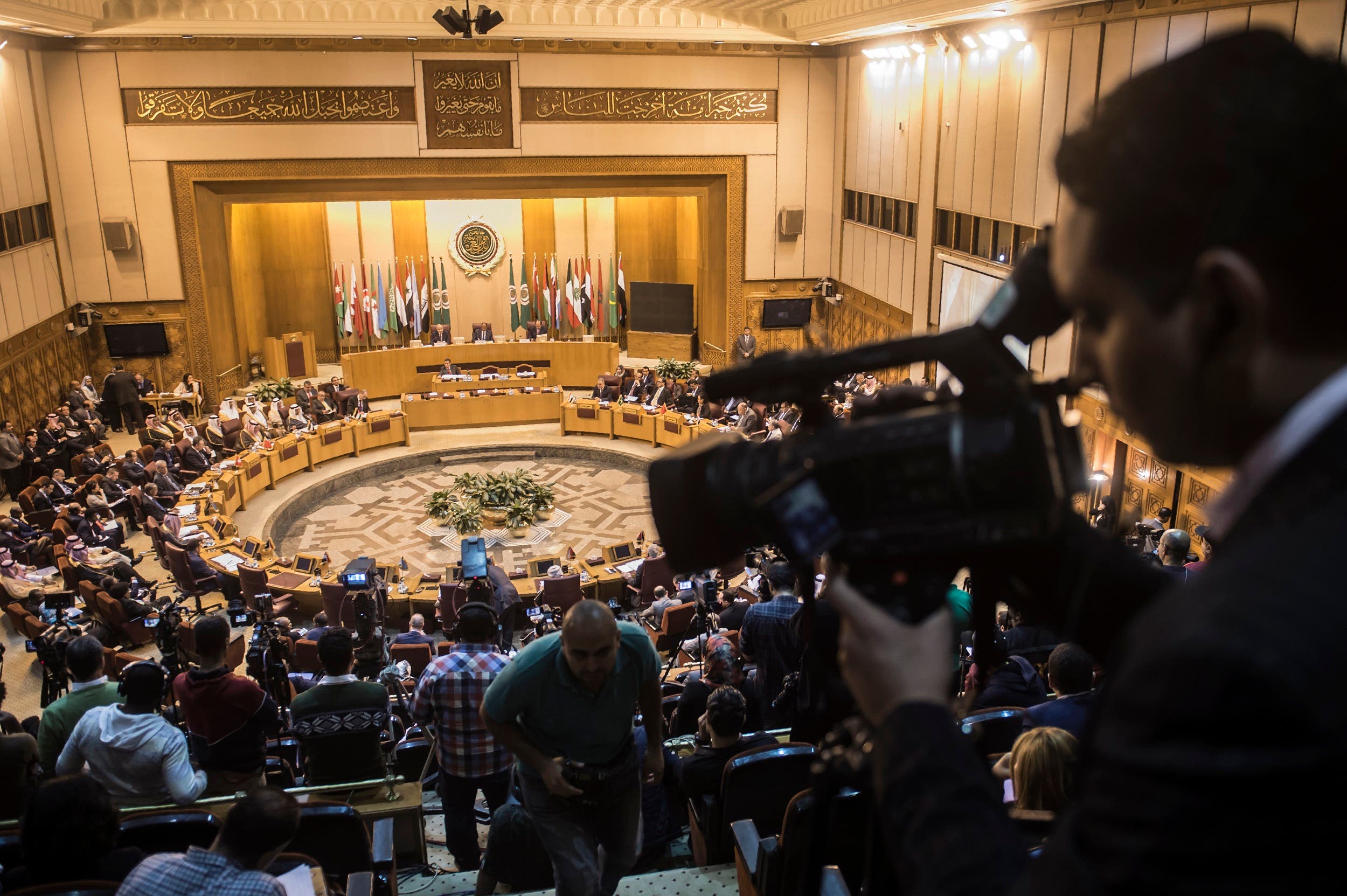The international and regional isolation against Iran is once again becoming a concern for the regime.
Global condemnations over a recent attack on Iraq-based Kurdish dissident groups and the executions of three Kurdish political prisoners resulted in a variety of rebukes concerning Tehran’s warmongering policies in the Middle East and their terrorism in the West.
As a result, the clerical regime is becoming weaker on the international stage like never before. Important now is how to evolve and raise the level to benefit the Iranian people.
Regional troubles
Last Monday, US Vice President Mike Pence condemned Iran’s missile attack in Iraqi Kurdistan. One day later, US State Department spokesperson Heather Nauert added to this condemnation by describing the Iranian regime as a disrupting element in the region and a bad actor across the globe.
On that note, Iran’s malign influence in Syria came under fire in the United Nations Security Council on Tuesday as members warned of a humanitarian catastrophe in Idlib, the last area where Syrian opposition forces and millions of displaced civilians are located.
France, the Netherlands, Kuwait and Turkey called for a complete halt to military attacks by the Iran-backed Bashar Assad regime and Russia. US Ambassador Nikki Haley upped the tone against Russia, Iran and Assad, accusing these parties of not showing any interesting in reaching a political solution. Iran’s role in Assad’s bloody attacks will not go unnoticed, she warned.
Spoke with Prime Minister @PMBarzani of Iraq’s Kurdistan Regional Government earlier today & condemned Iran’s recent rocket attacks into the Kurdistan region as an effort to threaten and destabilize its closest neighbor.
— Vice President Mike Pence (@VP) September 10, 2018
Europe threatened
The Iranian opposition National Council of Resistance of Iran (NCRI) shed new light on the regime’s terror apparatus. At a press conference held in London on Wednesday, the NCRI provided new details over Tehran’s terrorist activities in the Green Continent, calling on European countries to close the Iranian regime’s embassies, as they are being used by Tehran as nests for their spies, and expel Iranian regime operatives from their soil.
Members of the British Houses of Lords and Commons took part in this press conference, emphasizing on the necessity to have Iran’s Vienna-based diplomat and other elements, arrested for their role in plotting to bomb the June 30th Iranian opposition convention in Paris, face justice. One MP presented a plan to the British Parliament condemning Iran’s terrorist activities in Europe.
Arab action
The Arab League also pitched in by condemning the Iranian regime’s meddling in regional countries. The 150th Arab League session ended this week with the Foreign Ministers Committee issuing a statement expressing grave concerns over Tehran’s provoking religions sectarianism in the Middle East.
The statement also condemned the Iranian regime’s support for Yemen’s Houthi militias and their launching of ballistic missiles into Saudi Arabia.
Interesting are the incoherent remarks heard form Iran’s Foreign Ministry spokesman Bahram Ghassemi, denying Tehran’s meddling and claiming this regime has “constantly called for a neighborly policy based on trust!”
Unprecedented tone
After enjoying eight years of unbridled appeasement from the United States under the Obama administration, eyebrows began raising in Tehran again after Washington held this regime responsible for any attack by its proxies in Iraq against U.S. interests.
The Trump White House issued a statement warning it will “respond swiftly and decisively” to any such attacks that render injury to Americans or damage to US facilities. The statement by the White House press secretary raised bold accusations against Iran of not preventing recent attacks targeting the US Consulate in Basra and the American Embassy compound in Baghdad.

“Iran did not act to stop these attacks by its proxies in Iraq, which it has supported with funding, training, and weapons,” the statement reads.
“The United States will hold the regime in Tehran accountable for any attack that results in injury to our personnel or damage to United States Government facilities. America will respond swiftly and decisively in defense of American lives,” the statement adds.
On Thursday, French Foreign Minister Jean-Yves Le Drian went a step further by emphasizing on Iraq’s sovereignty, and expressing grave concerns about Tehran’s missile program development and the transfer of these weapons across the region.
To add insult to injury and despite the Iranian regime’s claims of being able to confront US sanctions, the regime’s OPEC envoy is heard complaining over how Saudi Arabia and Russia are increasing their oil production.
This will eventually balance the oil market and make up for the loss of Iranian oil following the November 4 sanctions Washington has in schedule for Tehran. More insulting is how Russia is treating the Iranian regime even after Tehran’s rulers literally sold-out the Caspian Sea to Moscow.
Final thoughts
The status quo is quite telling about the Iranian regime’s isolation and impasse in the Middle East, and across the globe. This, coupled with nationwide protests and a social unrest inside Iran, provides a very expressive canvas of Tehran’s current balance of power.
Recent remarks by Hossein Alaei, former Revolutionary Guards chief of staff, refers to the Iranian regime’s challenging times.
“Today’s political and economic circumstances in Iran are inappropriate… the people are angry and the state must make important decisions,” he explained.
It goes without saying that the Iranian regime’s domestic crises, facing a powder keg society seeking to bring an end to the clerics’ rule, are of the utmost priority for those on the throne in Tehran.
As a result, regional and global isolation should evolve into the international community as a whole standing shoulder to shoulder with the Iranian people’s struggle for freedom and democracy.
Leave a Reply